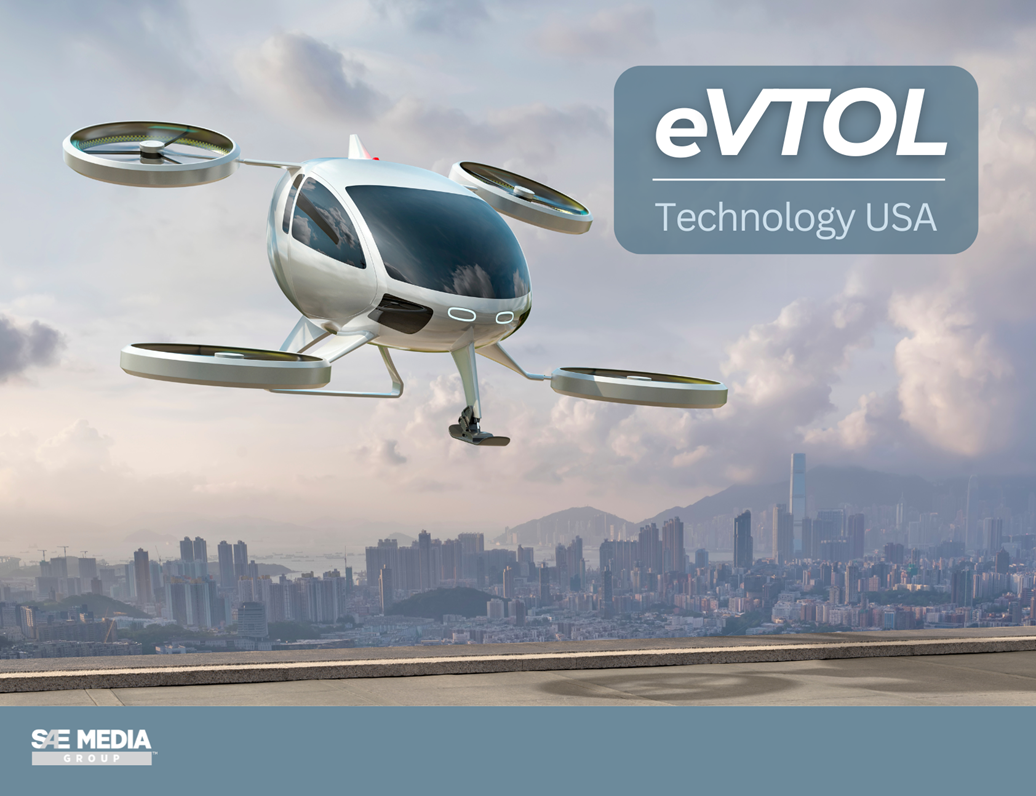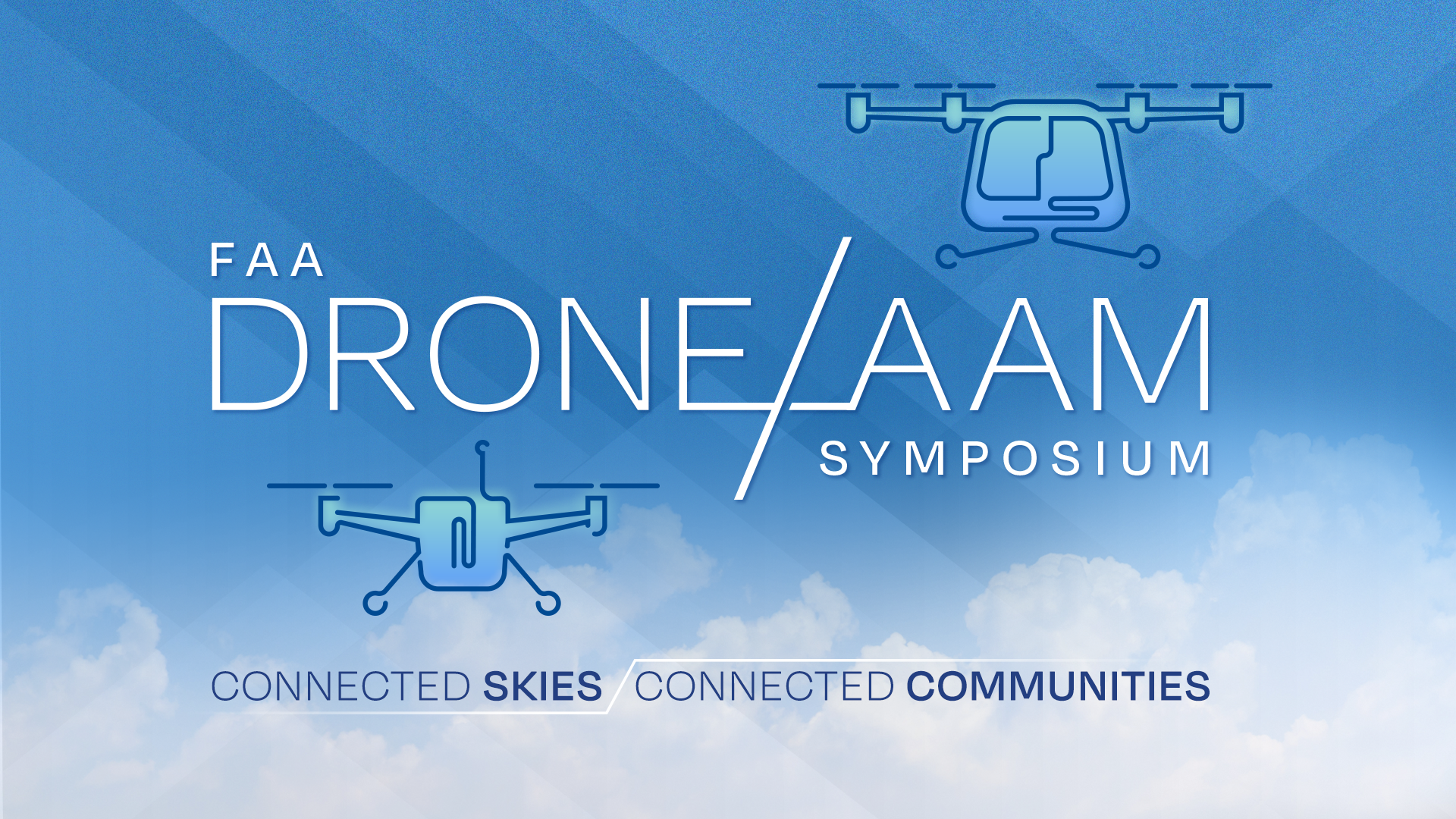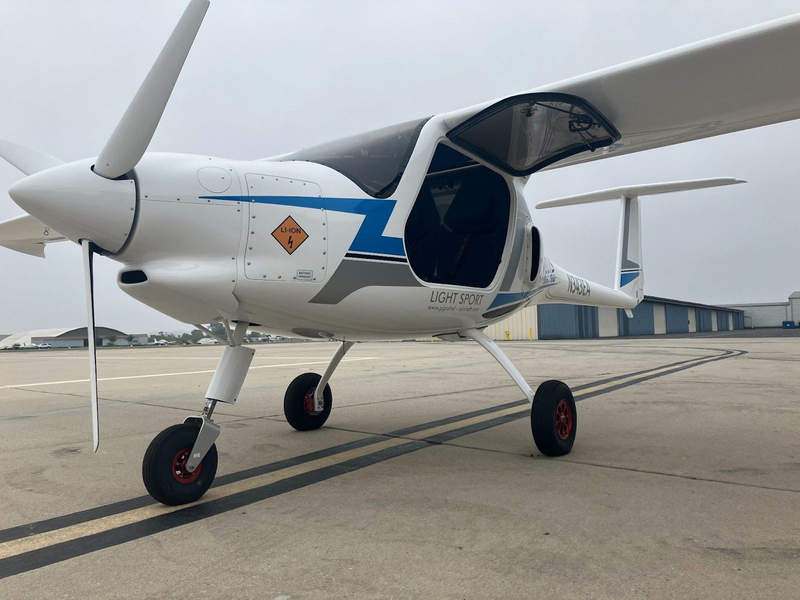
Leasing group LCI may consider offering bundled leases covering new eVTOL aircraft and related infrastructure such as batteries and electric and hydrogen charging stations. Chief commercial officer Nigel Leishman told AIN the company is now exploring the “value proposition” for operators launching advanced air mobility services.
“From LCI’s perspective, we could see a situation where you package the aircraft with the batteries and charging infrastructure to provide a turnkey solution to operators,” he said.
LCI already has signed memoranda of understanding (MOUs) backed by deposits with two eVTOL aircraft developers for 165 units. These commitments include 125 or Beta Technologies’ Alia-250 aircraft and 40 Chaparral autonomous cargo delivery aircraft from Elroy Air. Beta is developing both VTOL and conventional takeoff and landing versions of its aircraft.
However, the company has not negotiated leases with any potential end-users as the aircraft since they are not yet certified. “It’s very hard to put together agreements when you don’t know what the final aircraft actually looks like,” Leishman said.
According to Leishman, LCI was attracted to those aircraft in particular because they were not exclusively aimed at the passenger market, but also could be utilized for other missions such as emergency medical flights and logistics. More than 50 percent of LCI’s current helicopter fleet serves the air ambulance market, so Leishman sees a built-in customer base there. He said LCI also found the logistics market, which could be served by the Chaparral aircraft, attractive.
“We’re really interested in that from the point-of-view of remote logistics where it just is not efficient to fly either fixed-wing aircraft or helicopters, but you can fly these vehicles to remote communities,” Leishman explained. He pointed to humanitarian programs such as the United Nations World Food Program as a market where autonomous cargo eVTOLs could make a difference.












